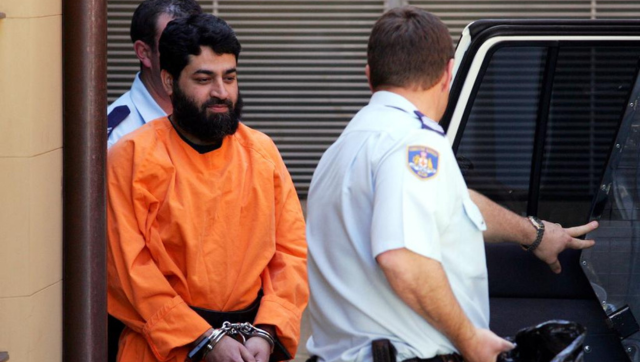An Australian court has recently released one of its first convicted terrorists on parole. The NSW State Parole Authority has authorized Faheem Lodhi’s release, and he is now back in the community. Earlier in 2020, his lawyer told a court that he had “admitted his guilt and been able to face the pathway that led him to offending and the erroneous path he took.” Following the release order, Lodhi is apparently working as an architect and draftsman. According to reports, the 53-year-old was released without any court-ordered notice requiring him to be supervised by police. A control order was also not imposed on Lodhi, which means he is free to travel abroad, among other benefits provided by the ruling. This includes the capacity to contact specific individuals as well as the possession and use of specific goods. Lodhi is one of just a few people who have been granted parole after being convicted of terrorism-related offenses. In a statement, a representative of the federal Attorney-General’s Department said, “As a matter of longstanding practice, the Attorney-General’s Department does not release the specifics of individual federal offenders, including detail concerning judgments taken in respect to federal parole cases”. The authority’s judgment comes with terms that Lodhi must follow, but it is an important decision that might pave the door for other offenders to have their sentences reviewed. Lodhi was sentenced to 20 years in prison in June 2006 after being found guilty of plotting to destroy the national electricity grid and three army bases in Sydney. His punishment included a non-parole period of 15 years. He was detained in 2004 when ASIO (Australian Security and Intelligence Organisation) spies discovered his plans to order materials and instructions that may be used to construct explosives. ASIO agents raided Lodhi’s home in Lakemba, Sydney’s west, in October 2003, seizing many more documents. Aerial photographs of various army installations in Sydney, including the Holsworthy and Victoria army posts, as well as HMAS Penguin in Mosman on Sydney’s lower north shore, were included. Officers also found a ’terror manual,’ which was a 15-page pad full of handwritten notes in Lodhi’s native language of Urdu and had instructions on how to construct a variety of bombs. During his trial in the NSW Supreme Court, Lodhi denied having sought or had custody of any of these things. Lodhi, who moved to Australia from Pakistan in 1998, had his parole application denied twice by former Attorney-General Christian Porter in 2019 and 2020. While serving part of his sentence at the Wellington Correctional Centre near Dubbo, 400 kilometers west of Sydney, he was reclassified as a low-risk prisoner. Lodhi spent the first several years of his sentence in the Goulburn Supermax Prison.
Lodhi was sentenced to 20 years in prison in June 2006 after being found guilty of plotting to destroy the national electricity grid and three army bases in Sydney. His punishment included a non-parole period of 15 years
Advertisement
End of Article


)

)
)
)
)
)
)
)
)



